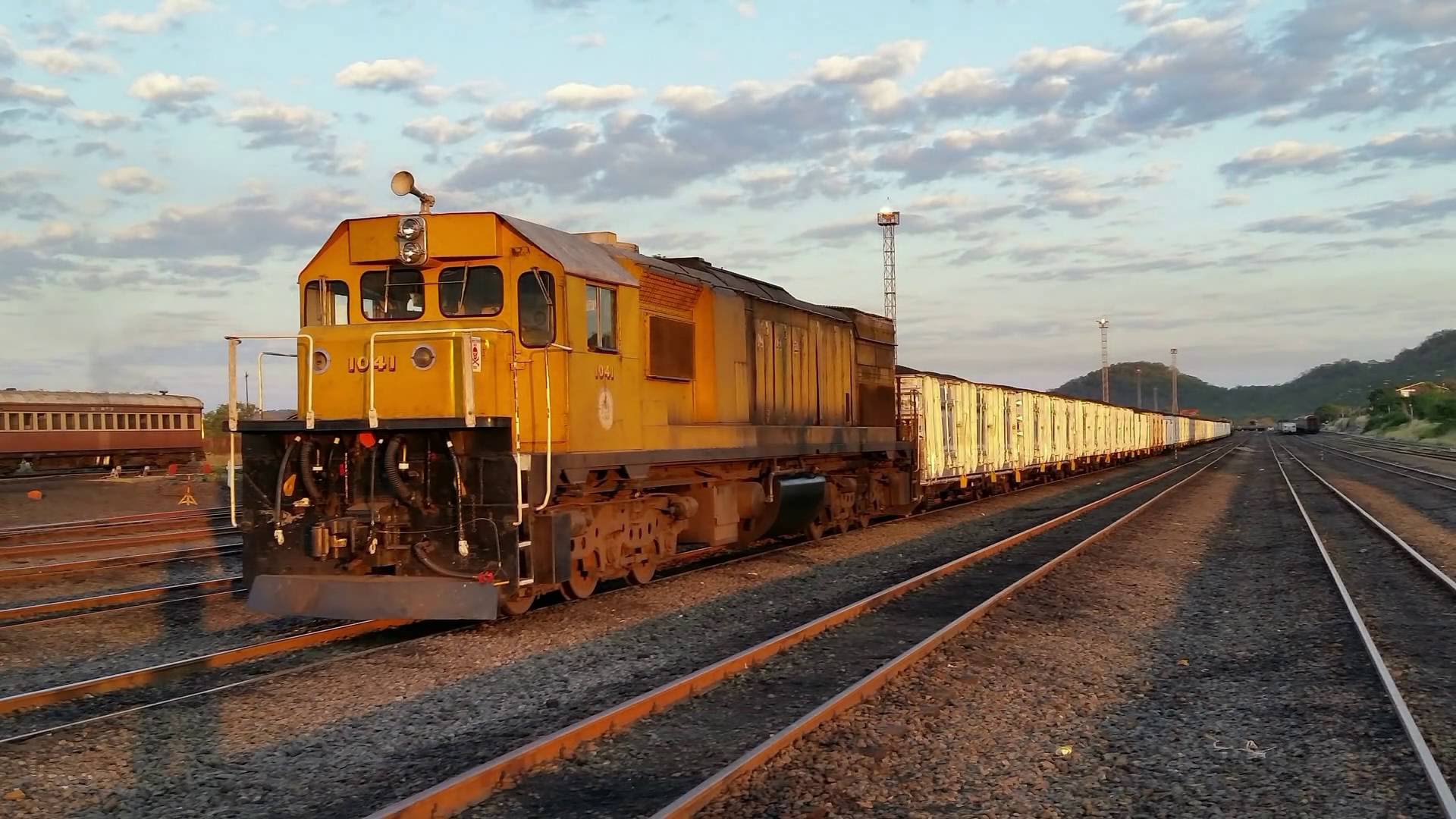Zimbabweans in business and ordinary people have every reason to smile as government has found a solution to the resuscitation of the National Railways of Zimbabwe (NRZ).
The resuscitation will be done by a consortium of 500 skilled Zimbabweans and professionals in the Diaspora, the 'Diaspora Infrastructure Development Group' and Transnet Freight of South Africa which has mobilised $1.4 billion for development projects in Zimbabwe.
Transport and Infrastructure Development Minister, Dr Joram Gumbo said Zimbabweans should expect to see a huge change in the operations of the NRZ once government has given the nod and the deal is concluded by the consortium.
Under the proposed deal the consortium of Diaspora Zimbabweans and Transnet has been able to get the necessary guarantees by the Transnet balance sheet which was acceptable to banks that will bank roll the resuscitation of the NRZ.
The consortium has already mobilised $1.4 billion from South African banks and one Italian bank and is ready to roll out the project as soon as the Zimbabwean government gives the nod.
According to Dr Gumbo the project will be rolled out in two phases, namely the rehabilitation of the NRZ to its original state and the expansion and upgrading of the railways through addition of new routes and modernisation of the passenger services through provision of fast trains.
The Zimbabwean government is excited with the deal as it does not require government guarantee which will be secured by the consortium.
The consortium has also assured the government that within three weeks of the signing of the Diaspora Infrastructure Development Group and Transnet Freight, the consortium will immediately supply 480 new wagons and 14 locomotives to kick start NRZ operations which include the movement of coal from Hwange and other heavy goods that are too weighty for road network transportation.
Another exciting feature of the deal is that 40 percent of the cost of the project will be used in Zimbabwe for supply of locally available services thus benefiting local service providers.
Under the Diaspora Infrastructure Development Group and Transnet deal, the NRZ debt in terms of employees terminal benefits and salary arrears amounting to around $300 to $400 million, will be serviced by the consortium through royalties.
Delays in assenting to the deal by parliament were due to lack of information on the nature of partnership between Transnet and Diaspora Infrastructure Development Group.
The government had initially attempted to engage China but the move has been set aside due to non-fulfillment of previous obligations on the part of Zimbabwe.
The current NRZ is a sorry state with some of the wagons vandalised on the tracks while some locomotives have been abandoned in bushes and overgrown grass areas.
However, the failure by the NRZ to be fully operational has had a negative impact to the rest of the economy.
The effects have been felt in the costs of doing business, destruction of the road network system and it has also affected the country's re-industrialisation agenda.
NRZ which was once the sole transporter of bulk goods in the country, hit a downturn owing to a number of factors.
Some have attributed this negative slide to the policy shift from the original which stipulated that all goods weighing 3 000 tonnes and above had to be transported by rail.
The adverse effect, they say, has been the destruction of the road network as more haulage trucks have depleted their lifespan notes a consultant in the ease of doing business, Mr Dumisani Sibanda.
AAG Matabeleland president, Mr Reginald Shoko asserts continued non functional of the NRZ has had effects felt by other sectors of the economy.
He said prices of goods tend to go high owing to the high costs of transportation, which have also forced the country's fuel import bill to remain too high when less could have been spent if rail was used.
The prevailing de-industrialisation that the country battling to re-industrialise has been fueled by the absence of the national railways as a economic key player whose non efficiency has led to the paralysis of other sectors.
While news of the revival of NRZ casts a positive vibe, concern has also been raised by sources within the parastatal who say industry has also let them down by not adhering to policy regulations and opting to use other means of transportation leaving the rail company with no business.
The cost of servicing the railway lines and all accessories are seemingly beyond the ability of the bulk carrier, with the need to streamline its operations for it to be competitive.
- zbc
 Concern over Masvingo black market
Concern over Masvingo black market  Kenya declares three days of mourning for Mugabe
Kenya declares three days of mourning for Mugabe  UK's Boris Johnson quits over Brexit stretegy
UK's Boris Johnson quits over Brexit stretegy  SecZim licences VFEX
SecZim licences VFEX  Zimbabwe abandons debt relief initiative
Zimbabwe abandons debt relief initiative  European Investment Bank warms up to Zimbabwe
European Investment Bank warms up to Zimbabwe  Young Investment Professional (YIP) Graduate Programme 2019
Young Investment Professional (YIP) Graduate Programme 2019 











 Young Investment Professional (YIP) Graduate Programme 2019
Young Investment Professional (YIP) Graduate Programme 2019
Editor's Pick